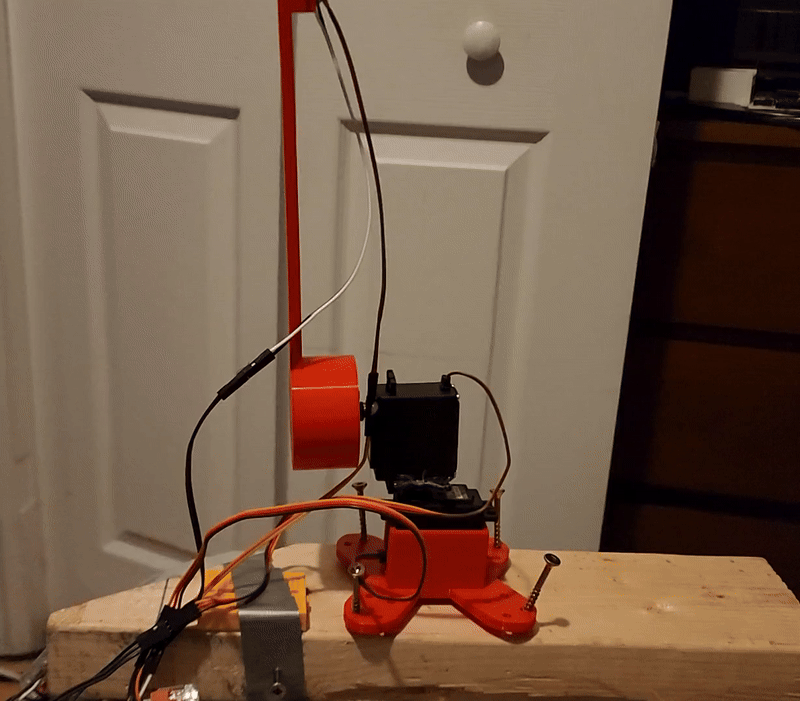Details
IMU Drift Correction Using Machine Learning

Year: 2024
Term: Fall
Student Name: Christopher Rusu
Supervisor: Mark Lanthier
Abstract: Inertial Measurement Units (IMUs) are crucial components in applications such as robotics, aerospace, and autonomous navigation, but their utility is limited by drift, where small sensor errors accumulate over time, leading to inaccurate estimates of position and orientation. This project investigates the use of machine learning methods, Linear Regression and Random Forest for correcting IMU drift and compares their performance against traditional approaches, including the Kalman Filter. Data was collected from an MPU-9250 IMU and servo motors under controlled conditions, with drift calculated as the difference between measured and expected values. The machine learning models were trained using accelerometer and gyroscopic readings as input features, and their effectiveness was evaluated using Mean Absolute Error (MAE), Root Mean Squared Error (RMSE), and R2 metrics. Results demonstrate that Random Forest achieved near-perfect corrections, significantly outperforming both the baseline (uncorrected data) and the Kalman Filter, which struggled with complex drift patterns. This study highlights the potential of machine learning for addressing IMU drift, offering a robust, adaptable solution for long-term navigation in challenging environments, even with physical setup limitations such as servo inaccuracies and setup variability.
